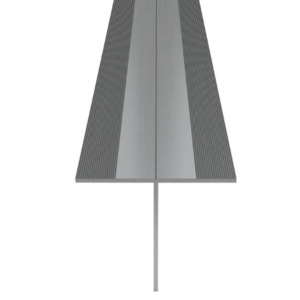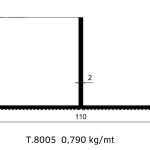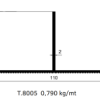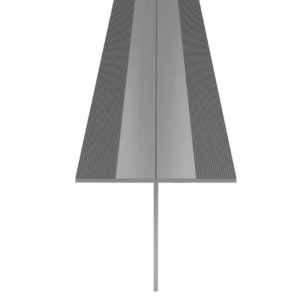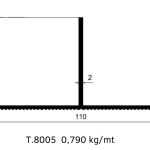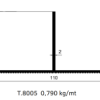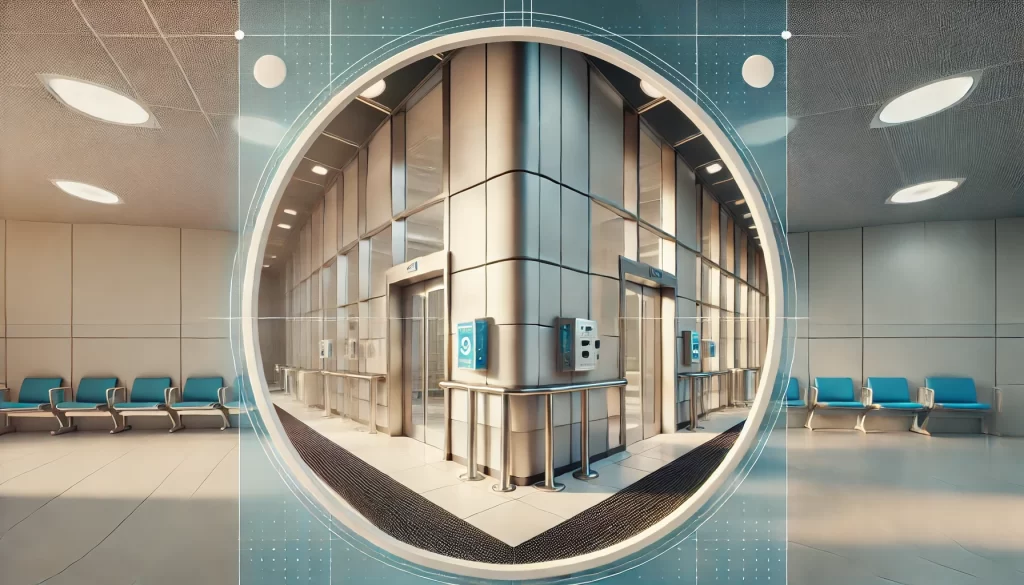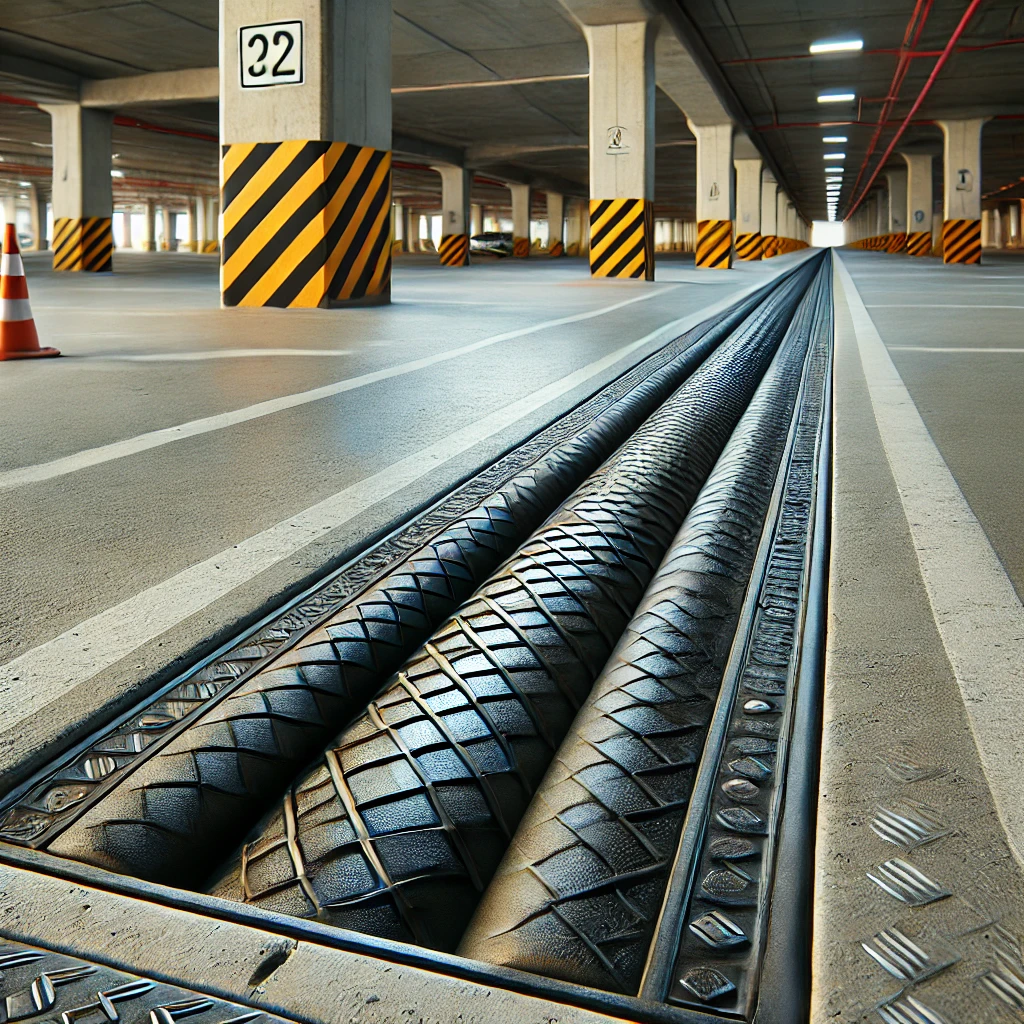


Facade Systems: Key to Modern Architecture’s Aesthetics and Functionality
Facade systems are essential architectural solutions that enhance the visual appeal, durability, and energy efficiency of buildings. As modern architecture evolves, facade systems have transformed from mere coverings to integral components of a structure’s technical and aesthetic performance. This guide delves into the types, benefits, and applications of facade systems.
What Are Facade Systems?
Facade systems are exterior cladding solutions designed to protect buildings while improving their appearance and functionality. They offer benefits such as energy efficiency, weather resistance, and sound insulation, making them indispensable in modern construction.
Types of Facade Systems
1. Glass Facade Systems
- Appearance: Offer a sleek, contemporary look.
- Natural Light: Maximize daylight usage, reducing artificial lighting needs.
- Energy Efficiency: Insulated glass options reduce heating and cooling costs.
2. Aluminum Facade Systems
- Durability: Lightweight yet highly durable.
- Corrosion Resistance: Withstand harsh weather conditions.
- Design Variety: Available in numerous colors and patterns to suit diverse architectural styles.
3. Stone Facade Systems
- Elegance: Impart a timeless, natural aesthetic.
- Strength: Renowned for exceptional durability.
- Applications: Common in high-end and historic restorations.
4. Composite Panel Facade Systems
- Weight: Lightweight and easy to install.
- Design Flexibility: Available in a broad range of colors and textures.
- Protection: Waterproof and resistant to wind pressure.
5. Wood Facade Systems
- Natural Appeal: Provide a warm, organic look.
- Sustainability: Eco-friendly and renewable material.
- Longevity: Durable with appropriate maintenance.
Advantages of Facade Systems
- Energy Efficiency: Improve thermal insulation and reduce energy consumption.
- Durability: Protect buildings from environmental factors, extending their lifespan.
- Aesthetic Value: Enhance architectural appeal with modern, stylish designs.
- Weather Resistance: Shield structures from rain, wind, and UV radiation.
- Low Maintenance: Many facade systems are designed for long-term, minimal upkeep.
Applications of Facade Systems
- Commercial Properties: Malls, offices, and retail centers prioritize aesthetics and energy efficiency.
- Residential Projects: Improve comfort and reduce energy costs in homes.
- Industrial Buildings: Offer durability and resistance to harsh environments.
- Educational and Healthcare Facilities: Provide sound insulation and modern designs.
- Heritage Restorations: Stone and wood facades maintain historical authenticity.
Choosing the Right Facade System
When selecting a facade system, consider the following:
- Climate Suitability: Match the system to regional weather conditions.
- Building Function: Ensure the facade complements the structure’s purpose.
- Energy Efficiency: Opt for materials with superior insulation properties.
- Aesthetics: Choose colors and textures that align with the building’s design vision.
- Budget: Balance initial investment with long-term cost savings and maintenance.
Facade systems are fundamental to modern architectural design, merging functionality with aesthetics. They protect buildings from environmental elements, improve energy efficiency, and elevate visual appeal. Selecting the right facade system is critical to achieving a balance between style and performance. Partnering with experts ensures a tailored solution that meets your specific needs.
Invest in facade systems to future-proof your buildings, optimize energy use, and create stunning architectural landmarks.
Frequently Asked Questions About Facade Systems
What are facade systems, and why are they important?
Facade systems are structural solutions for building exteriors that enhance aesthetics, protect against weather, and improve energy efficiency. They are critical for maintaining a building’s durability and modern appearance.
What materials are commonly used in facade systems?
Common materials include glass, aluminum, stone, composite panels, and wood. Each material offers unique benefits such as durability, insulation, or aesthetic appeal.
How do facade systems improve energy efficiency?
Facade systems often include thermal insulation and reflective surfaces that reduce heating and cooling demands, lowering energy costs.
Are facade systems weather-resistant?
Yes, most facade systems are designed to resist rain, wind, UV rays, and temperature fluctuations, ensuring long-term durability.
Can facade systems be customized to fit different architectural styles?
Absolutely. Facade systems are available in various colors, patterns, and materials to suit both modern and traditional designs.
What are the maintenance requirements for facade systems?
Many facade systems require minimal upkeep. For example, glass and composite facades need occasional cleaning, while wood facades may need periodic treatments for preservation.
How do I choose the right facade system for my building?
Consider factors such as climate, building function, energy efficiency, design preferences, and budget. Consulting with experts can help you make an informed decision.
Are facade systems environmentally friendly?
Many facade systems use eco-friendly materials like wood or recyclable composites. Additionally, they contribute to energy savings, reducing the building’s carbon footprint.
Can facade systems be used in renovation projects?
Yes, facade systems are ideal for both new constructions and renovations. They can modernize old buildings while improving structural performance.
How long do facade systems typically last?
With proper installation and maintenance, most facade systems can last several decades, depending on the material and environmental conditions.

